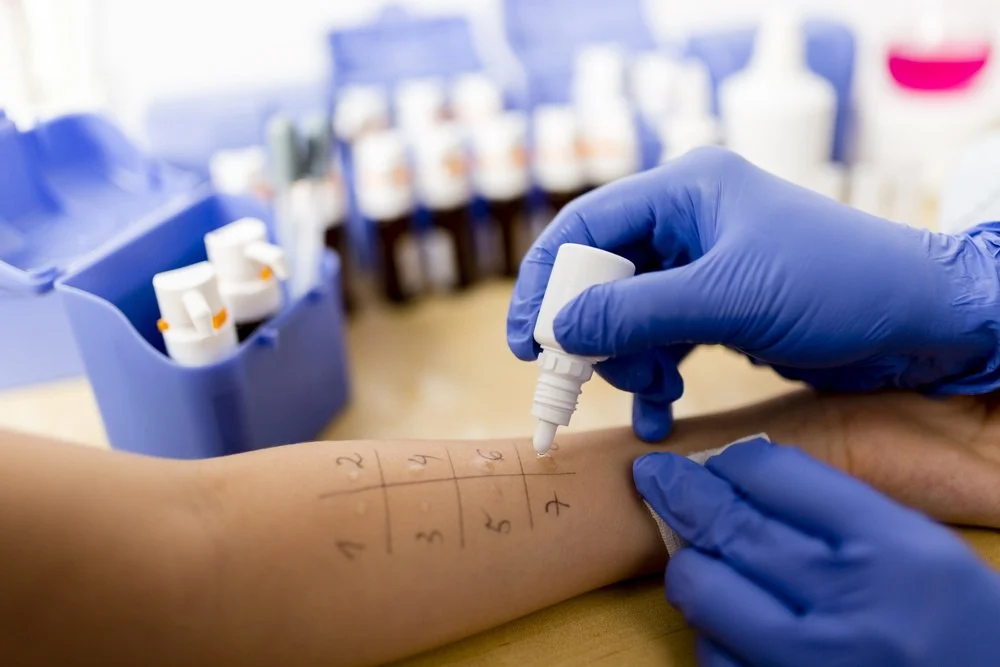Why Allergy Testing Is Important

Allergies are common, but the prevalence doesn’t take away from the fact that they can be overwhelming and even, at times, severe to the point of death. Common allergy symptoms include sneezing, wheezing, coughing, runny nose, hives, rashes, scratchy throat, and itchy eyes. In serious cases, the symptoms can escalate to breathing difficulties, low blood pressure, and asthma attacks, which can be fatal. If you suspect you have it, Kingwood allergy testing is crucial since it lets you uncover a lot that can help avoid potential complications. Among the reasons emphasizing the need for allergy testing includes the following:
Know the allergen
The common allergens include:
- Pollen mainly from grass and trees
- Dust, including house dust mites
- Animal dander, mostly from pets like cats and dogs
- Foods, common including milk, eggs, and peanuts
- Insect stings
- Medication
Allergy testing helps you narrow down the primary allergen, making mitigating the risk of attacks easier. This is mainly through avoidance. For instance, if you are allergic to animal dander, you may have to give up your furry friend to avoid recurrent allergy symptoms. You could also be avoiding some foods, assuming they are the cause. This can lead to malnutrition, and deficiencies only worsen allergies. After testing, you will be better positioned to understand the foods you need to avoid or lower consumption, limiting the allergy risks while facilitating healthier nutrition.
Start treatment
While allergies are not curable, their symptoms can be managed. Besides avoidance, you can manage the symptoms through medication or immunotherapy. Treatments help avoid severe complications when an allergic attack happens. They can also help keep the attacks at bay. An allergy specialist can recommend measures such as improving indoor air quality, for example, by investing in a HEPA-rated air purifier. You could also be advised to stay indoors more during certain seasons or wear masks when stepping out since the allergens are in high concentration.
Immunotherapy can also help. This entails controlled exposure to allergens. The exposure allows your body to learn how to respond to allergens. The allergy specialist can help you manage the exposure and gradually help your body to react much better, alleviating the symptoms.
The treatment regimen can also include managing other conditions that worsen with an allergy attack or make the symptoms severe. For instance, you may need asthma medication to help control allergy symptoms. After testing, you will be more informed, making it easier to adopt a better regimen to avoid, manage, and treat allergy symptoms. This is important since, while avoidance is practical, it does not address allergic reactions.
If you suspect you are allergic, don’t wait, hoping the symptoms will subside. This is more so if the symptoms last longer than a week or are recurrent. Allergy testing is not overwhelming, and as you discover your exact allergies, you will have an easier time avoiding the allergens, minimizing the attacks, and, when it happens, have an easier time managing the symptoms. The specialist will help you develop a practical prevention plan, learn to anticipate allergy seasons, and offer specific treatments to manage the symptoms. Visit Supreme All Care today for allergy testing and treatment.
